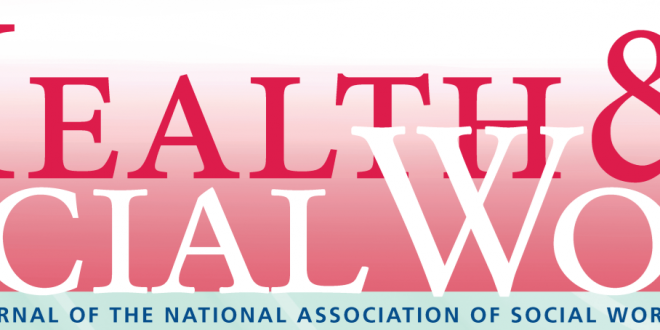Experiences and Stressors of Parents of Trans and Gender-Diverse Youth in Clinical Care from Trans Youth CAN!

Parents of trans and gender-diverse (TGD) youth can experience challenges navigating gender-affirming (GA) care such as stigma, transphobia, and lack of support. There is little information available about stressors, worries, and positive feelings of parents as they try to support their youth accessing GA care.
An article in a recent issue of the journal Health & Social Work presents baseline survey data on experiences and stressors of 160 parents/caregivers in the Trans Youth CAN! cohort study, which examined medical, social, and family outcomes in youth ages 16 years or younger considering puberty blockers or GA hormones. Data were collected at 10 Canadian gender clinics. The authors report on participating parents’ characteristics, levels of support toward youth, stressors, worries, concerns, and positive feelings related to youth’s gender.
Most parent participants were White (85.1 percent), female (85.1 percent), birth or adoptive parents (96.1 percent), and reported strong support for youth’s gender. Participants’ concerns included their youth facing rejection (81.9 percent), generalized transphobia (74.6 percent), or encountering violence (76.4 percent). Parents also reported positive feelings about seeing their youth grow more confident. Most parental worries and stressors were situated outside the family, reflecting the systemic discrimination faced by youth and their families.
Parents of TGD youth in clinical care continue to experience many stressors, but evidence shows that they are seeking support and expressing positive feelings toward their youth. Their experience appears to differ from that of other parents of TGD youth in several key ways: less frequent experience of grief, reporting positive feelings about their youth’s gender diversity, and certain specific stressors related to seeking medical care. Social workers could address these stressors by developing systems-focused interventions and by further considering intersectional health disparities.
***
Authors:
- Annie Pullen Sansfaçon, PhD, BSW, professor, School of Social Work, University of Montreal, and Canada Research Chair on Transgender Children and Their Families, Montreal. Quebec, Canada
- Julia Temple Newhook, PhD, adjunct professor, Department of Gender Studies, Memorial University, St. John’s, Labrador, Newfoundland, Canada
- Laura Douglas, MSc., graduate research assistant, Trans Youth CAN!, Department of Epidemiology and Biostatistics, Schulich School of Medicine and Dentistry, Western University, London, Ontario, Canada
- Sandra Gotovac, PhD, project coordinator, Trans Youth CAN!, Department of Epidemiology and Biostatistics, Schulich School of Medicine and Dentistry, Western University, London, Ontario, Canada
- Joe Raiche, MD, consultant psychiatrist and Foothills Medical Centre clinical assistant professor, Cumming School of Medicine, University of Calgary, Calgary, Alberta, Canada
- Kathy Nixon Speechley, PhD, MPH, professor, Department of Pediatrics and Department of Epidemiology and Biostatistics, Schulich School of Medicine and Dentistry, Western University, London, Ontario, Canada.
- Margaret L. Lawson, MD, FRCPC, full professor and pediatric endocrinologist, Department of Pediatrics, Division of Endocrinology, Children’s Hospital of Eastern Ontario, University of Ottawa, Ottawa, Ontario, Canada
- Greta R. Bauer, PhD, MPH, professor and Canadian Institute of Health Research Sex and Gender Science Chair, Department of Epidemiology and Biostatistics, Schulich School of Medicine and Dentistry, Western University, London, Ontario, Canada
***
The journal Social Work is a benefit of NASW membership. It is available online or, at a member’s request, in print. Children & Schools, Health & Social Work and Social Work Research are available by subscription at a discounted rate for NASW members, either online or in print. You can find out more about the journals and subscriptions at this link.
